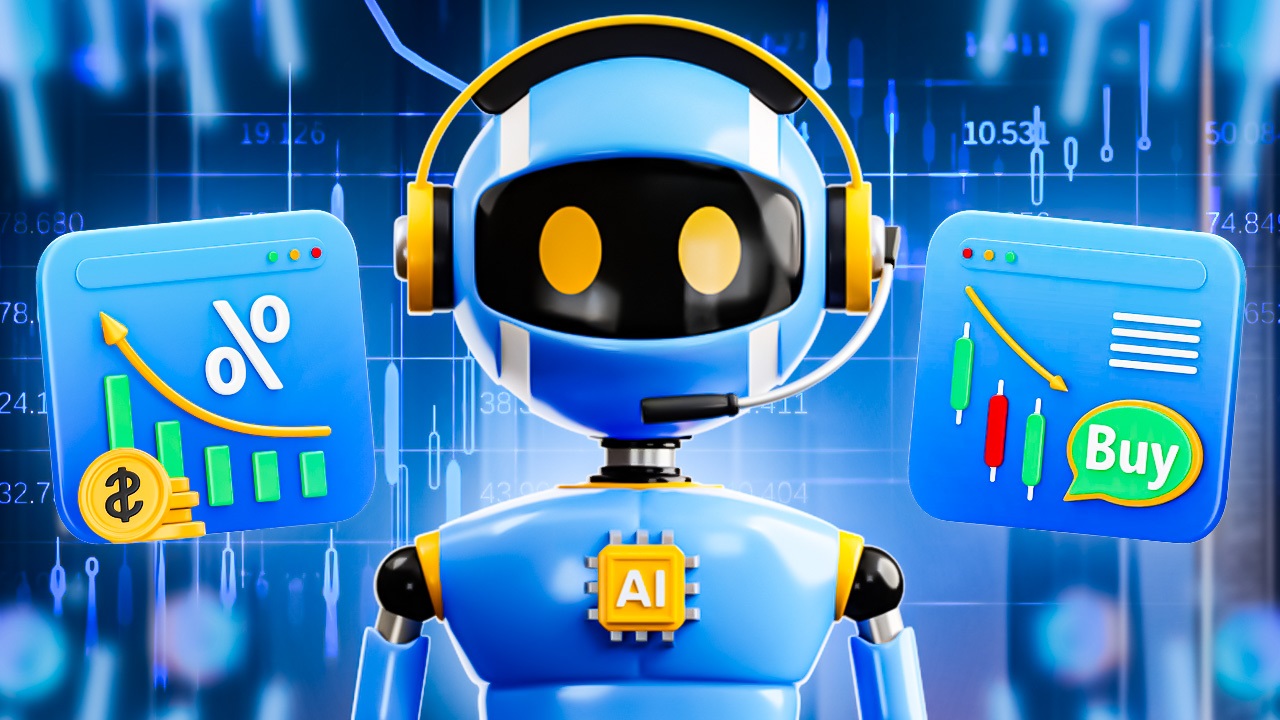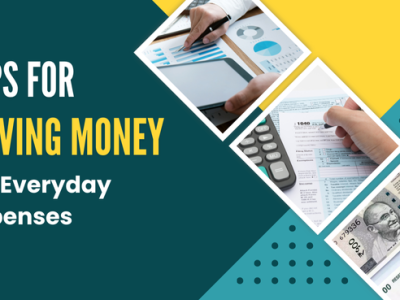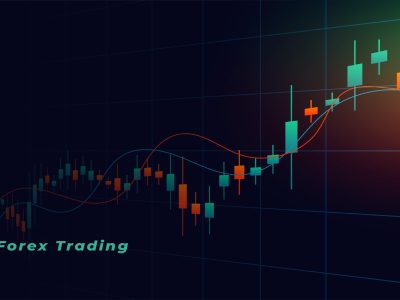AI trading, utilizing sophisticated algorithms and machine learning methods to assess market data and conduct trades, is rapidly revolutionizing the industry. With technological progress, AI is employed across diverse financial markets, providing traders and investors with fresh resources to make well-informed choices, refine their strategies, and secure a competitive advantage. From high-frequency trading to portfolio management, sentiment analysis to fraud detection, the applications of AI in trading are vast and diverse.
High-frequency trading
The prominent application of AI in trading is in high-frequency trading (HFT). HFT involves using powerful computers to execute large numbers of trades at extremely high speeds, often in a matter of microseconds. By analyzing vast amounts of market data in real-time, AI algorithms spot fleeting opportunities for arbitrage or take advantage of minor price discrepancies across different exchanges.
While HFT has been around for years, AI is taking it to new levels of sophistication. Machine learning models continuously adapt to changing market conditions, learning from past trades to optimize future ones. Some AI systems even read and interpret news articles, social media posts, and other unstructured data to gain an edge. However, HFT has its critics, who argue that it increases volatility and poses risks to market stability.
Portfolio optimization
The primary application of AI in trading is portfolio optimization. This process utilizes AI algorithms to assess an investor’s portfolio, risk comfort, and investment objectives. Based on this analysis, AI recommends the best combination of assets to maintain. It considers various factors, including past performance, asset correlations, and broader economic trends, to help investors create well-diversified portfolios that suit their individual requirements.
Some Quantum AI trading platform comparisons in Canada platforms go even further, offering features like automatic rebalancing and tax-loss harvesting. These tools help investors stay on track with their long-term goals while minimizing costs and tax liabilities. As with HFT, however, there are concerns about the potential downsides of relying too heavily on AI for portfolio management, such as the risk of over-optimization or the inability to account for rare “black swan” events.
Sentiment analysis
Sentiment analysis is another area where AI is making significant inroads in trading. This involves using natural language processing and machine learning to analyze news articles, social media posts, and other text-based data sources to gauge market sentiment. By identifying positive or negative sentiment around particular stocks, sectors, or the market, traders gain valuable insights into potential future price movements.
AI-powered sentiment analysis tools process vast amounts of data in real-time, picking up on subtle shifts in tone or language that human analysts might miss. Some platforms even claim to be able to predict market movements based on sentiment signals alone. However, sentiment analysis could be a better science, and there are limitations to what it achieves. Traders must use sentiment data as just one input among many when making investment decisions.
Algorithmic trading
Algorithmic trading, also known as trading, is another critical application of AI in financial markets. This involves computer programs automatically executing trades based on pre-defined rules or algorithms. Taking emotion and human bias from the equation, trading can also help traders make more objective, data-driven decisions.
AI also elevates trading by enabling the development of more complex and flexible algorithms. Using past market data to recognize patterns and anticipate future price shifts, machine learning models are taught. Some AI algorithms can even adjust their parameters continually, enhancing their effectiveness. Nevertheless, trading also carries risks, including the possibility of “flash crashes” from uncontrolled algorithms or being exploited by other traders. With a careful strategy, AI could transform the finance sector, opening doors to new possibilities for advancement and prosperity.












Comments